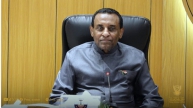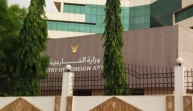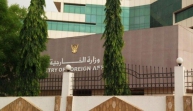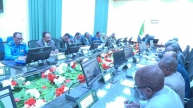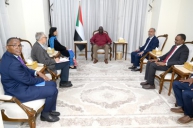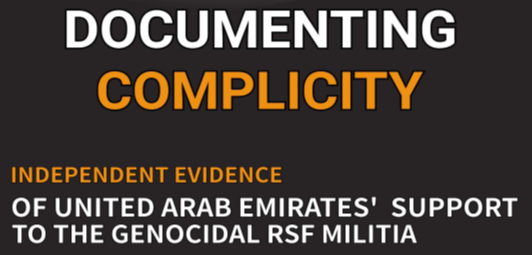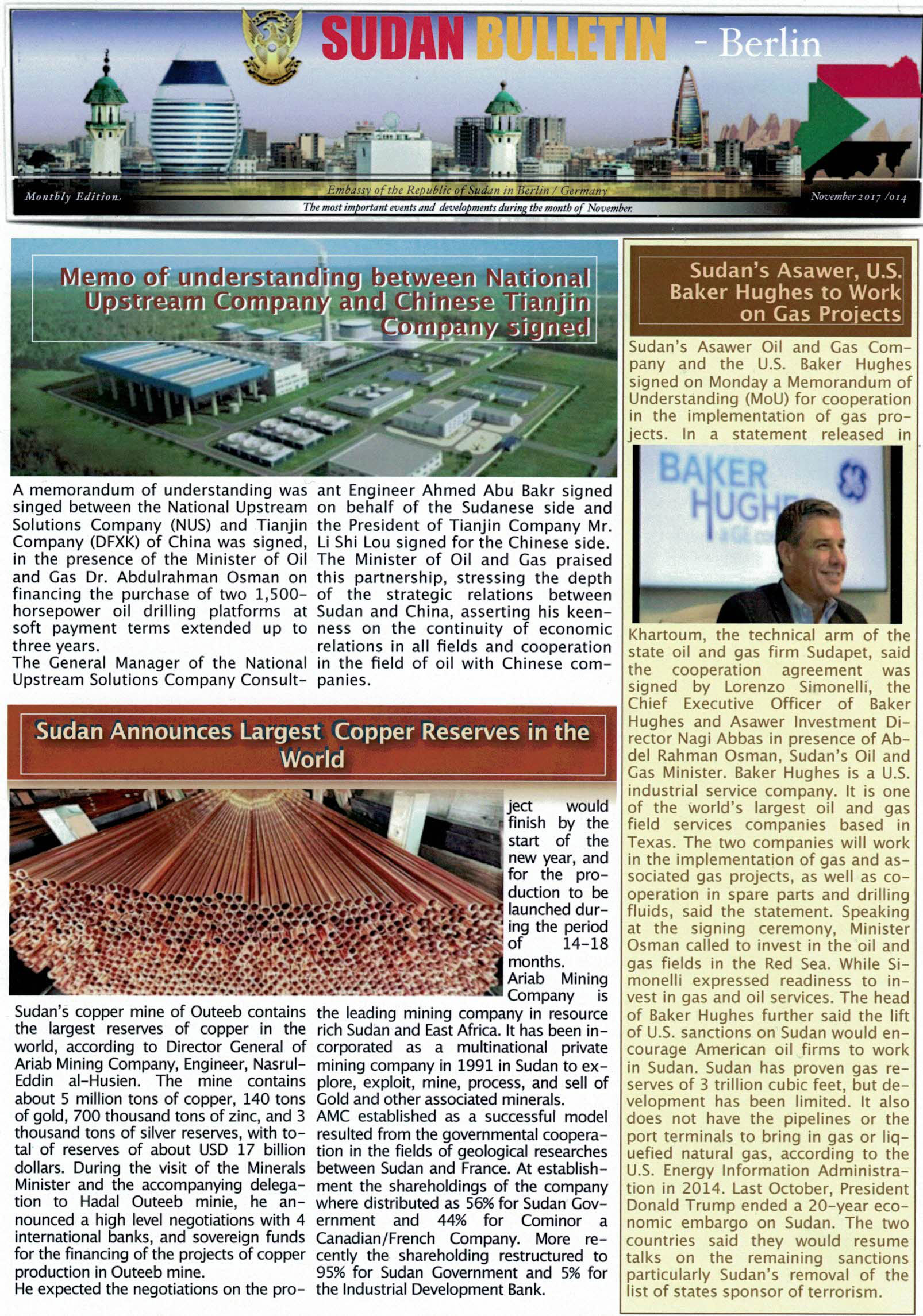Embassy of the Republic of the Sudan in Berlin
سفارة جمهورية السودان ببرلين

Address of Sudan Representative before Security Council Session on Integrated Food Security Phase Classification (IPC) Report
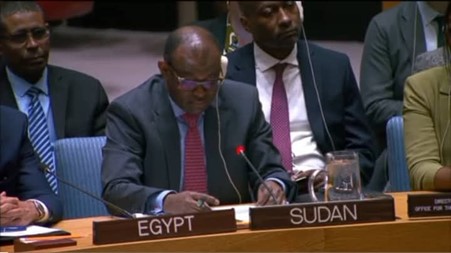
Sudan's representative to the United Nations, Ambassador Al-Harith Idris, has denied before the Security Council session on Monday the Integrated Food Security Phase Classification (IPC) Report issued on December 24, 2024, covering the period between October 2024 and May 2025, which indicates the emergence of a famine phase in five regions in Sudan.
He said the report's findings and methodology were marred by many methodological shortcomings, noting that the committee is voluntary in nature and helps governments, UN agencies and others to analyze and address food insecurity and malnutrition. Al-Harith stressed that there are international requirements and approved technical standards for declaring famine in any country or region, which are represented by conducting comprehensive joint technical surveys to determine the food and nutritional status according to the indicators of the food security phase classification, according to the (bottom-up) system, i.e. from the level of villages, administrative units, and localities, to the concerned state, and then the national level.
These requirements also include the availability of survey results confirming that 20% of the population of the country in question is in the fifth phase of the food security phase classification, which is the worst phase resulting from the lack of food availability, the inability to access food, and the inability to use food, according to specific technical forms, in addition to ensuring that 30% of children suffer from severe malnutrition, including children under the age of five, in addition to the government adoption of a joint report with the organizations participating in the food security phase classification surveys during a specific year, provided that the report meets what is known as (technical consensus) to make the decision to declare famine in a country, and this did not happen.
Al-Harith reiterated Sudan government’s assertion that the main cause of the humanitarian crisis, including the negative impact on food security, is the gross and systematic violations committed by the outlaw Rapid Support militia, which have caused the displacement of farmers and the deliberate destruction of agricultural facilities and infrastructure, in addition to the militia’s obstruction and diversion of humanitarian aid directed to the affected population and its attacks targeting relief workers and logistical convoys, which has undermined relief efforts and prevented their access to areas controlled by the Al-Harith reiterated the Sudanese government’s assertion that the main cause of the humanitarian crisis, including the negative impact on food security, is the gross and systematic violations committed by the rebel Rapid Support Militia, which have caused the displacement of farmers and the deliberate destruction of agricultural facilities and infrastructure. In addition to the militia’s obstruction and diversion of humanitarian aid directed to the affected population and its attacks targeting relief workers and logistical convoys, which has undermined relief efforts and prevented their access to areas controlled by the militia.
The Permanent Representative of Sudan pointed out that the militia’s-imposed siege tactics, used starvation as a tool of war, looted food stocks and caused price increases, and also destroyed vital infrastructure, including roads, markets, water and electricity networks, which further hindered food supply chains.
Al-Harith explained that, “According to the report, there are 11.5 million displaced people living in schools and preventing children from opening their schools. He added, if this is true, why did the organizations included in the Famine Committee not provide them with any significant humanitarian support while they are displaced in safe states? Why did camps not set up for them and did the United Nations not set up tents for them as happens in most countries? Instead of wasting time arguing about declaring or not declaring famine.
The Permanent Representative of Sudan to the United Nations, Al-Harith Idris, called for taking immediate and urgent measures related to giving priority to providing food and medicine supplies, and other necessary humanitarian aid during the war period and ensuring their delivery to the residents of the areas affected by the war of aggression. He pointed out that the Government of Sudan has opened all crossings, in addition to providing financial and material support to farmers and qualified charitable organizations and ensuring maximum success for the current and upcoming agricultural seasons by providing the necessary support and securing safe corridors for the entry of agricultural inputs into the areas under the control of the militia.
The Latest Sudanese News & Press



